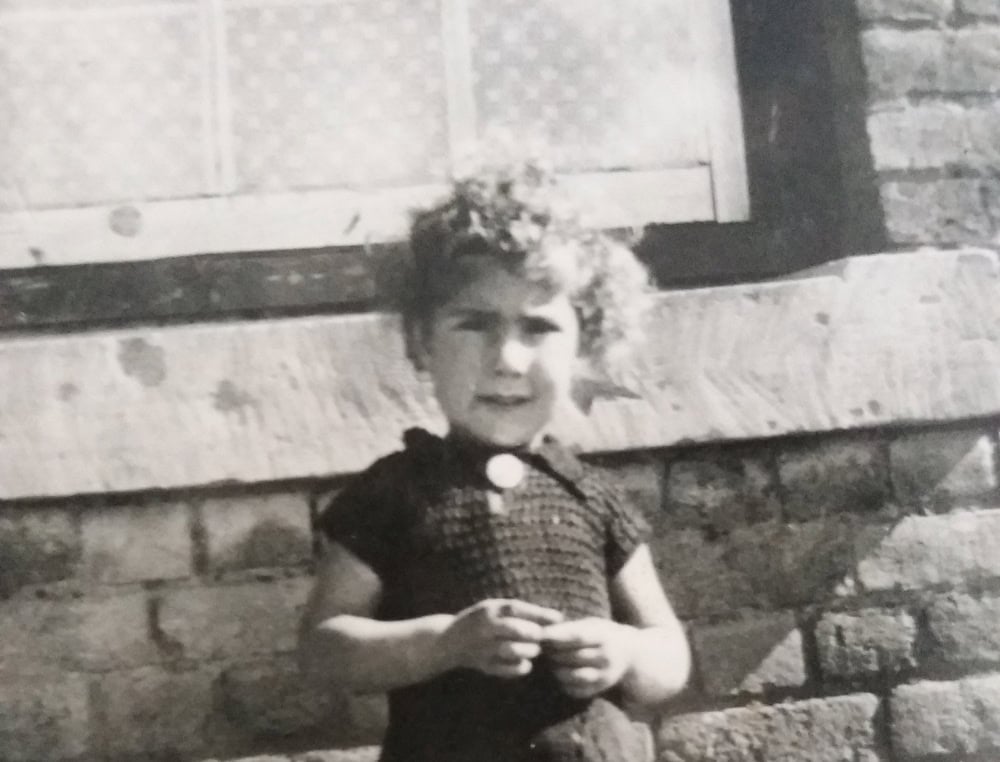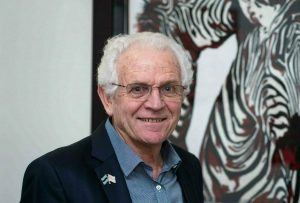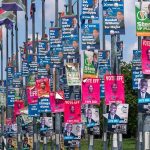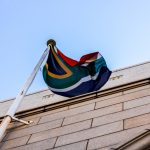In my mother’s late eighties, she wanted to tell her story. She began to write on small notepads:
“I was born at 3 pm on 2/2/32 on the farm Ebenhaeser. Mummy had to send for my father to be called to the country. Mrs. Bull, wife of dr. Bull, was the midwife and I was apparently the last baby she would ‘catch’ before they left…“
Earlier this week I saw in a newspaper article that 85 towns in the country had changed names since 2000, including Jamestown, which is now called James Calata.
According to Google, Reverend James Calata was born into a poor farming family at Debenek near King Williams Town. He was trained as a teacher and as a priest in the Anglican Church. Xhosa culture and political activism were his passion and he also served as secretary-general of the ANC (1936-1949).
My mother was the sixth child of nine in a poor farming family on the farm Ebenhaeser near Jamestown. She had no formal education after school, because her parents could not afford it and there were no other opportunities for her to study. After school she went to work in a solicitor’s office in Jamestown, and later at the Permanente Bouvereniging in Krugersdorp.
After she married my father, she was a full-time mother and housewife, but she also sometimes helped out as a part-time bookkeeper at businesses. Afrikaner culture was her passion and she followed political events with great interest throughout her life.
I find the parallels between these two people interesting and sometimes even ironic.
I myself haven’t been in Jamestown/ James Calata in years. My impressions were that the town was depopulated and decaying. According to the 2011 national census, there were then 4,666 inhabitants in the town, of which 92.7% were Xhosa-speaking, 2.2% Afrikaans-speaking, 1.6% English-speaking, 1.4% Sotho-speaking and 2.1% was foreign language. It is noteworthy that the larger municipal district within which it falls, Joe Gqabi, received a clean audit for the financial year ending in 2022.
My mother’s story, which I grew up with, never focused on poverty. It told of spiritual wealth and lives that thrived in family and community.
Central was the church and the family. My grandparents passionately loved God, each other and their children. In the depression years they not only looked after the farm, family and labourers, but my grandmother did books for a shopkeeper in the town, while my grandfather worked as a court clerk and sometimes also as a court interpreter to and from Xhosa. Afrikaans was his first language and Xhosa the second. With sacrifice, the pot was kept boiling.
My grandmother had a music license and in the evening played compositions from Chopin and Beethoven to Badarzewska-Baranowska, while my grandfather read from Shakespeare to Zane Grey.
On Sundays, the larger family was together with great-grandparents, uncles, aunts, cousins and nieces in the NG Church. It was a source of many anecdotes, such as the day the church pew collapsed during the service and literally under the family.
The town’s cultural life was equally interesting. Theater groups such as that of the famous André Huguenet visited the town, also musicians including the world-famous German coloratura soprano Erna Sack. My mother was always proud to tell that there was a large flower arrangement on the stage when Sack had to perform. It blocked my mother’s view and when Sack noticed it, she stopped in the middle of an aria and asked that the flowers be moved so that they could properly enjoy her performance.

Young people had no shortage of other healthy entertainment. There were dances on farms, fruit to pickle, crafts, card nights and picking and choosing sports. Yet over time, career opportunities lured most of them away to cities. Of my grandparents’ eight children who grew up (one brother died as a child), only one remained in the district until his retirement. The rest spread across South Africa and Namibia. Many went on to study and graduate on their own – most of their children and grandchildren as well. From simple beginnings they have built lives and families to be proud of.
No, my mother was not born in Joe Calata. She was the child of another time in another environment. Some people would argue that the name change is appropriate, because it was such a totally different time with its own challenges, with its own achievements and mistakes. Mind you, I’m not trying to romanticize my ancestors’ lives and decisions or make them unspoken, but for me as a historian, erasing a place name is tragic, because so much history is lost with it.
What I do know is that a building culture has developed from their challenges. My grandfather built their neat house with bricks he made himself. When walls cracked, a cable was strung through the dining room to hold everything up. In 1987 I was in the house that was then still occupied by the owners of the farm, cable and all.
My cousins are also mostly handy with our hands and our heads and the realization is established in all of them that you work for what you want.
My love for language and culture comes via my mother from my grandmother who as a child had to wear the offending donkey plate if she dared to speak Afrikaans at school. Grandma knew that language and cultural rights are not self-evident, but must be nurtured and protected.
Sometimes I think about all these things and wonder what the child born in James Calata in 2024 will tell her descendants when she sits in her eighties and muse about her childhood. What are the life values that are passed on to her?
Names can be changed by political ideologues in order to create an illusion of achievement. Quality of life, on the other hand, is more difficult to provide and maintain…
In the end, communities themselves must establish their ethics and build their future, regardless of the name of the place where they live.








